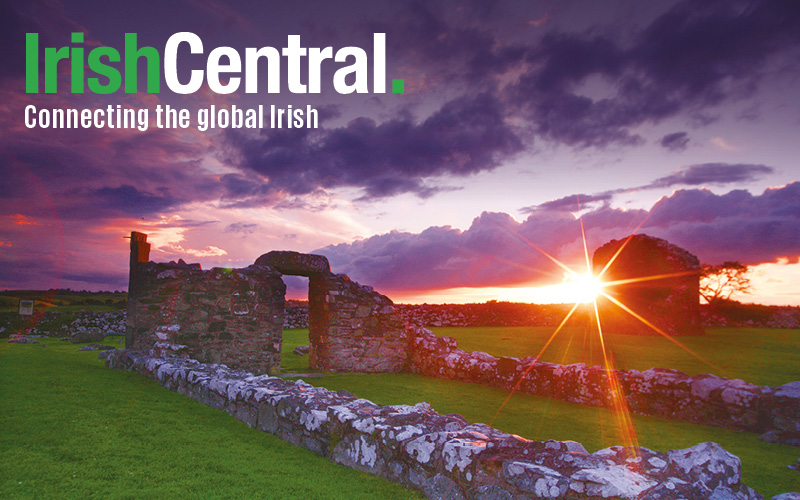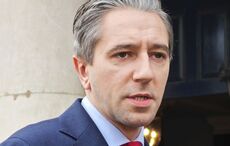DUP leader Arlene Foster has green-lighted the new text avoiding a hard border in Ireland and the Irish Sea – breakthrough for the deadlocked Brexit negotiations
Speaking at a press conference in Brussels, early on Friday morning, British Prime Minister Theresa May said there will be "no hard border" between the Republic of Ireland and the United Kingdom, along the Northern Irish border. She added that this deal would preserve the "constitutional and economic integrity of the United Kingdom."
Ireland’s Taoiseach (Prime Minister) Leo Varadkar hailed the agreement as “politically bulletproof” after Britain promised to “maintain full alignment with those rules of the internal market and the customs union which, now or in the future, support north-south cooperation, the all-island economy and the protection of the 1998 [Good Friday] agreement.”
"We want to build bridges, not borders" – Irish PM Leo Varadkar says the deal has "achieved all we set out to achieve" #Brexit https://t.co/wM8pQqm8iB pic.twitter.com/FcLftPpdgY
— BBC Breaking News (@BBCBreaking) December 8, 2017
For months Ireland had vetoed Britain’s request to move talks on from the divorce settlement to trade; earlier this week it looked like an agreement had been reached in which Northern Ireland would remain “aligned” to EU law on certain issues – something Northern Ireland’s Democratic Unionist Party (DUP) ruled out, ordering Dublin and London back to the drawing board.
Read More: Brexit breakdown reveals Ulster unionists bully-boy tactics
Now DUP leader Arlene Foster has green-lighted the new text, after “six substantive changes” were agreed with her party so that there would be “no red line down the Irish Sea”; whilst her party wants to avoid a hard border between the north and south of Ireland, it was keener still to avoid anything that would require custom checks on goods moving from Northern Ireland to Great Britain.
The devil is in the detail. Seasoned Westminster observer says: "If this is a win for the DUP and Theresa May then I hate to think what was in the original draft on Monday. The Irish Government has completely outmanoeuvred the UK Government to get everything it wanted and more."
— Kevin Schofield (@PolhomeEditor) December 8, 2017
It means the United Kingdom will continue to implement and enforce EU rules in certain areas, such as agriculture and energy, but remain outside the Customs Union and Single Market.
Reaction to the news was mixed, with many Brexiteers angry that Britain would continue to follow certain EU edicts, whilst others rejoiced that talks could move onto phase 2.
British Prime Minister Theresa May hailed the agreement as “significant progress” on what was agreed Monday.
EU Commission President Jean Claude Juncker said the “result is of course a compromise.”
"We all know breaking up is hard, but breaking up and building a new relationship is harder" – Donald Tusk, European Council President on #Brexit progress https://t.co/iNmnZsxvCc pic.twitter.com/YYifxU2e0L
— BBC Breaking News (@BBCBreaking) December 8, 2017
The former leader of the UK Independence Party Nigel Farage called for Theresa May to resign: “The plain fact is,” he wrote, “that the UK remains a member of the EU in all but name. This is a fudge, as anyone who cares to be honest with themselves will acknowledge.”
The German financial newspaper wrote in an editorial, “It is indeed now more likely that a disorderly Brexit without divorce settlement can be avoided. The threat of the traffic of goods and people between the British [sic] Isles and the continent collapsing overnight on 29 March 2019 appears to have been banished.”
Read More: Why is the Irish border where it is?
The Irish Independent hailed the Taoiseach as having “put the ball in the English net” whilst Fintan O’Toole wrote in the Irish Times that the agreement, “has radically altered the trajectory of Brexit itself, pushing that crazy careering vehicle away from its path towards the cliff edge.”




Comments